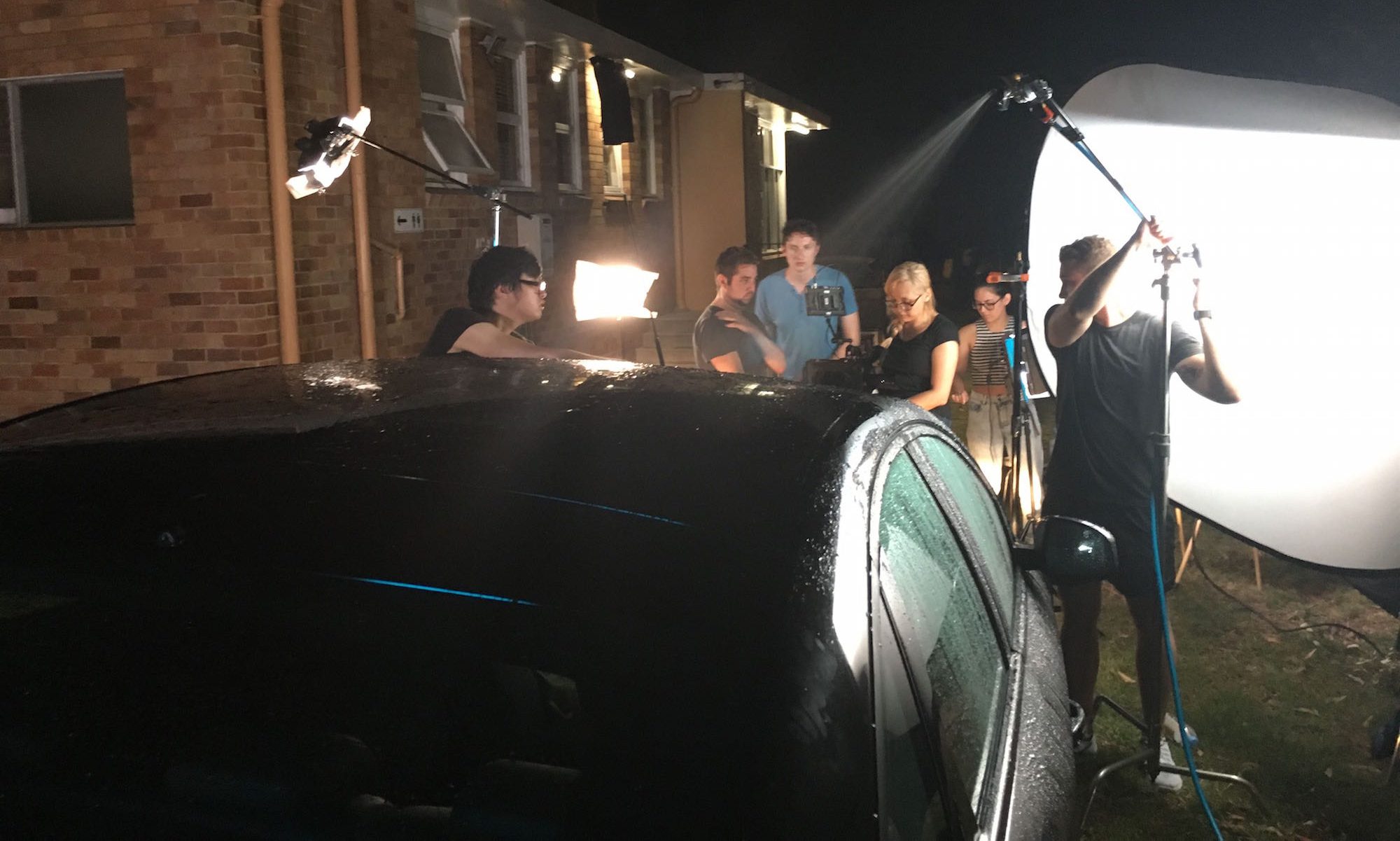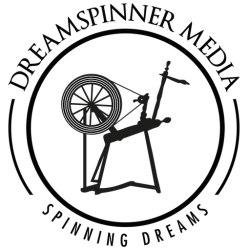Here are overlooked budget items or crew positions every PM or Producer should consider and justify in writing why they don’t hire suitably qualified people for the roles.
Safety Report
During pre-production get a safety report prepared in accordance with at least the current recommended Film and TV Safety Code and up-to-date Work Health and Safety (WHS) legislation and regulations.
The current agreed code for Australia is from 1983 because SPA and the MEAA can’t agree on anything. However, SafeWork Australia and the state equivalents are enforcing updated WHS rules so nobody has any excuse to use 40-year-old pre-digital safety guidelines.
In some jurisdictions, all the Producers and the Director can be criminally liable for WHS breaches, as well as company directors of production entities.
The Safety Report should be prepared by an accredited Safety Consultant/Supervisor.
Safety Consultant/Supervisor
A person suitably graded, qualified and skilled to provide specialist knowledge, expertise and advice regarding the most appropriate measures to minimize risks associated with the production.
Media Entertainment & Arts Alliance – National Stunt Grading Procedure – September 2010
There should also be an on-set Safety Supervisor if you have more than a handful of crew. A Safety Supervisor accreditation requires a minimum of 8 years (with 200-500 on-set days) or 6 years (with 400-800 on-set days). Producers should never hire a PA to fill in as a on-set Safety Supervisor.
They notice things. Things others don’t see. Things that can get cast, crew, or the general public, injured or killed.
Hire them, trust them, do what they say.
COVID Supervisor
The pandemic is still fresh but a PA can not and must never fill in as a COVID Supervisor. COVID Supervisors need enough on-set experience to navigate the chain of command and understand what (and how) the crew is shooting on the day. They must also have some level of infectious disease control training and experience.
It takes experience and confidence to tell your executive producer, director or A-List talent (or worse their “people”) that they must mask correctly, maintain distance and have them happily comply and cooperate. If the crew aren’t properly managed, you’ll get bad press and Tom Cruise-like rants
That’s just the visible tip of the job. Plus coordinate tests and results, work-zones, state and insurance compliance, stay-at-home orders. I’ve yet to hear of a single production that had an uneventful, COVID-compliant shoot. Crew don’t just show up tested and ready to work and follow the rapidly changing rules without it being someone’s job to inform, instruct and monitor them.
Nurse/Paramedic
The odds of an accident approach increase by the square of the number of people on a location. Once your cast & crew size is more than 50 people, you will probably get a trip, sprain, burn, cut or scrape.
Hire someone whose job it is to prevent injuries and treat inevitable mishaps. Your insurance and film permit probably requires it. Your WHS legal obligation definitely requires it even when not spelled out.
Traffic Controllers
Your experienced Location Manager will know all about this, but if you’re reading this far down chances are you have a new LM or haven’t made that hire yet.
Film crews expect to own the space they are working in. This comes from experience working in studios where they don’t have to share. Once on location, their reticular activating system doesn’t kick in to remind them they will be hit by a neighbour’s car. I’ve seen smart and experienced film crew step in front of a moving garbage truck because they’re focused on moving a c-stand or cutter.
Your Traffic Control Team not only lockdown the road for your shot, they also stop traffic (for up to 3 minutes) while your trucks park up, gear gets moved across a street, crew unload or pack-down, and a hundred other things throughout your shooting day. It is their job to keep you and your crew safe while they work on or near a road.
Your council film permit may specify the use of Authorised Traffic Controller, or you may even need to submit a Traffic Control Plan/Traffic Guidance Scheme with your permit application.
Bonus: Safety Briefings
At main Crew Call of every shooting day the 1st AD must include a safety briefing and if any crew members are not present they should be specifically briefed by their HoD, the 1st or the 3rd AD. Pick one and stick to it.
Document safety briefing attendance!
This especially includes hair & makeup artists, pre-light, pre-rig, pre-call and unit who are left out of morning briefings because they are at the unit base, in a trailer, or away from set. If they are not at the on-set briefing you still need to ensure they get a daily safety briefing.
Pro Tip: It’s like the aircraft take-off safety demonstration. No matter how many times you’ve seen it, you’ll be glad you paid attention if they ditch 3 minutes into the flight.
Have I left anyone or anything off? Comment below.

